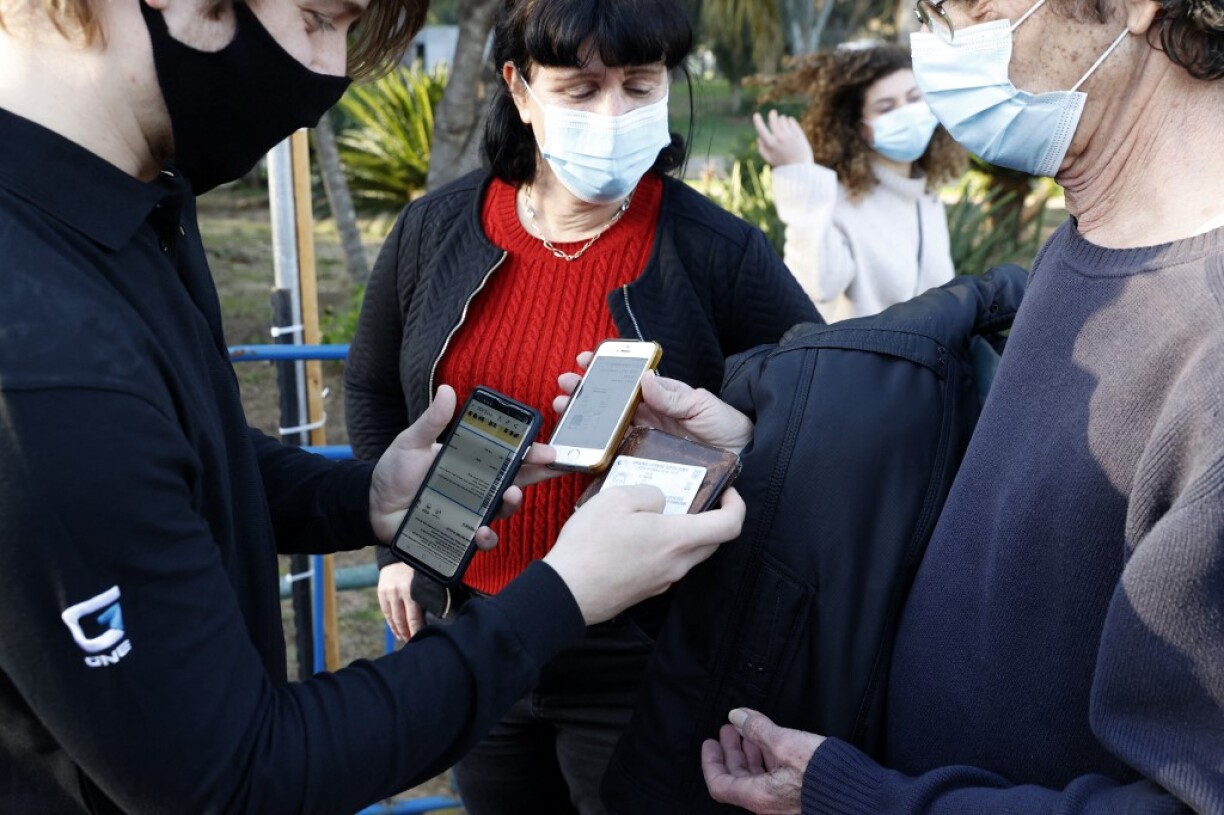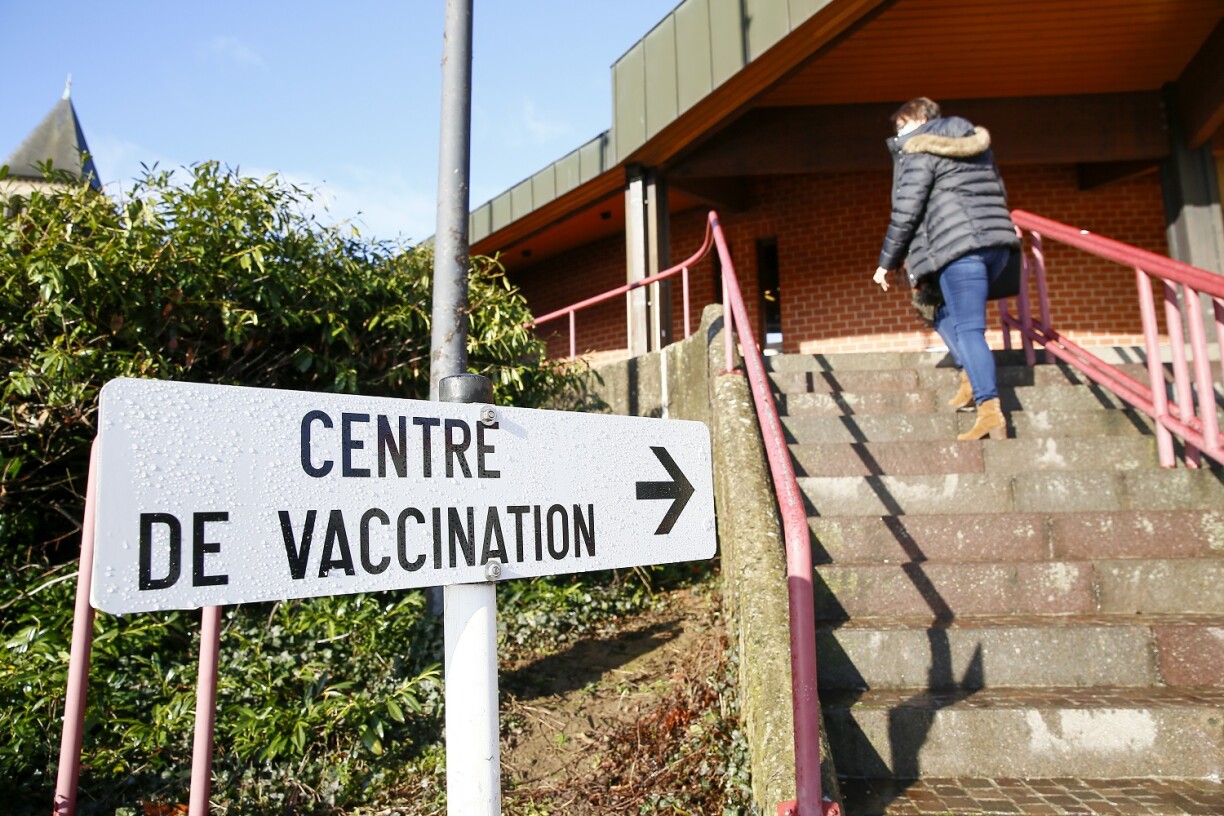
However, several questions remain concerning the passport’s use and the rights it gives to holders.
The European Parliament said it is seeking uniform rules and protocols to reassure citizens and facilitate everyday procedures, including traveling.
Several EU nations including for example Austria, Greece, Spain and Cyprus can no longer afford to miss another tourist season. These members put pressure on others to introduce vaccine passports.
Luxembourg’s PM Xavier Bettel said the new document was not a passport in its own right. Rather, the “vaccine passport” should be seen as an “alternative” to a negative test, which is now often a prerequisite for entering another country.
Vaccine passports will be issued digitally. Another three months are needed for authorities to create an app that can produce the document. This will include the date of the vaccination and the vaccine that was administered.
Luxembourg agreed to vaccine passports but under the condition that they replace mandatory Covid tests. Vaccine passports alone should not determine whether a person is allowed entry to a country. Bettel said that the regular passport is the sole document that can allow or deny someone entry into a country.
He also insisted that non-vaccinated people should not be refused entry. However, this will be up to member states.
Some might decide that non-vaccinated people are not allowed to travel to their country or might ban them from certain activities.
Meanwhile, some countries are placing their hope in rapid tests to ease restrictions. These tests can yield results within 20 to 30 minutes and can be carried out by or under the supervision of a healthcare worker, or individually.
Bettel said he was optimistic regarding their increased deployment. Rapid tests could work in conjunction to the country’s vaccination campaign to ease restrictions. For example, he suggested that they could be used to allow someone entry to a café or a restaurant. That decision will eventually be taken in cabinet, the PM emphasised.
However, Bettel also said that he had not seen enough data yet to confirm that such rapid tests are reliable enough.
